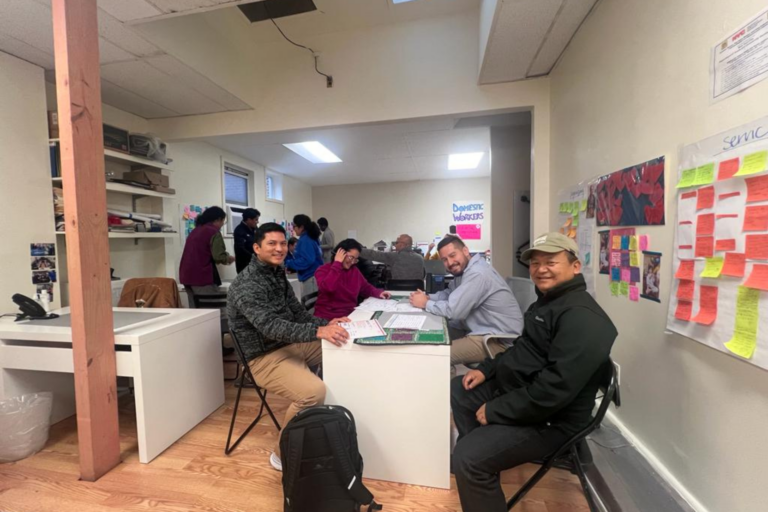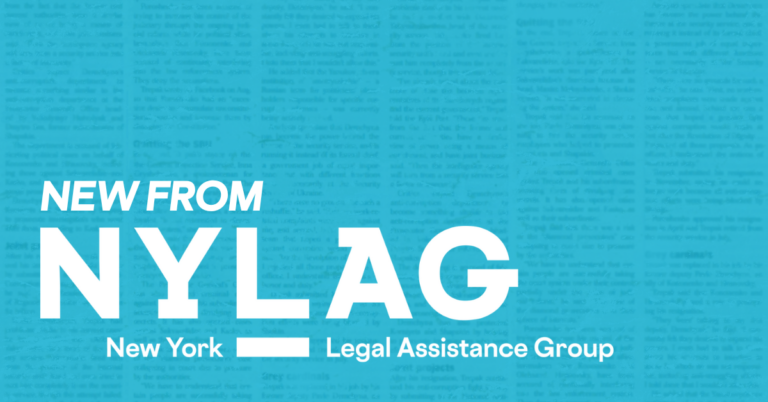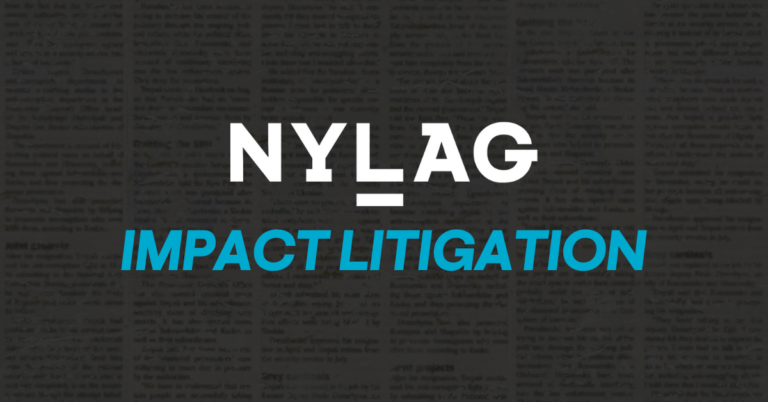After nearly two years of advocacy by New York Legal Assistance Group (NYLAG) and Cravath, Swaine & Moore LLP, the New York City Department of Homeless Services (DHS) closed an administrative loophole that denied shelter to families with children, forcing them to sleep on streets, subways, and emergency rooms even if they had no other housing options.
On May 15, 2023, the New York City Department of Homeless Services implemented DHS-PB-2023-006, altering the eligibility process for families seeking to stay in homeless shelters. This victory came after NYLAG and Cravath sent a demand letter to City and State officials and spent years negotiating to ensure that families at risk of homelessness are not turned away from shelter at the moment they need it most, when they have nowhere else to go.
This monumental change reverses the practice, maintained for years, whereby the New York City Department of Homeless Services regularly denied shelter to families under the pretense that they could stay with a third party, such as a distant relative or acquaintance, even if that third party refused to house the family and Department of Homeless Services was aware of such refusal.
“[Department of Homeless Services] denied shelter to NYLAG clients, a family with a five-month-old baby, on the basis that housing was available in the home of a grandmother of one of the adults. The grandmother, however, refused to let the family stay with her for even one night, and provided a written statement to that effect. DHS nonetheless denied the family access to temporary shelter on the incorrect basis that they had an available housing option.”
– Demand letter NYLAG and Cravath sent to City officials in 2021
Before the policy was paused during the COVID-19 pandemic, DHS denials under these false premises regularly forced those with no other housing options to sleep outside, in violation of state and federal Constitutions and the Boston Settlement, which mandated that New York City provide shelter to homeless families with minor children.
By allowing families to be eligible for shelter more quickly than in the past, the new policy will also make them eligible for rental subsidies that are critical to transitioning into permanent housing, reducing the burden on the overwhelmed shelter system.
This systems-wide change will ultimately set more families up for long-term stability and prosperous, safe futures.







